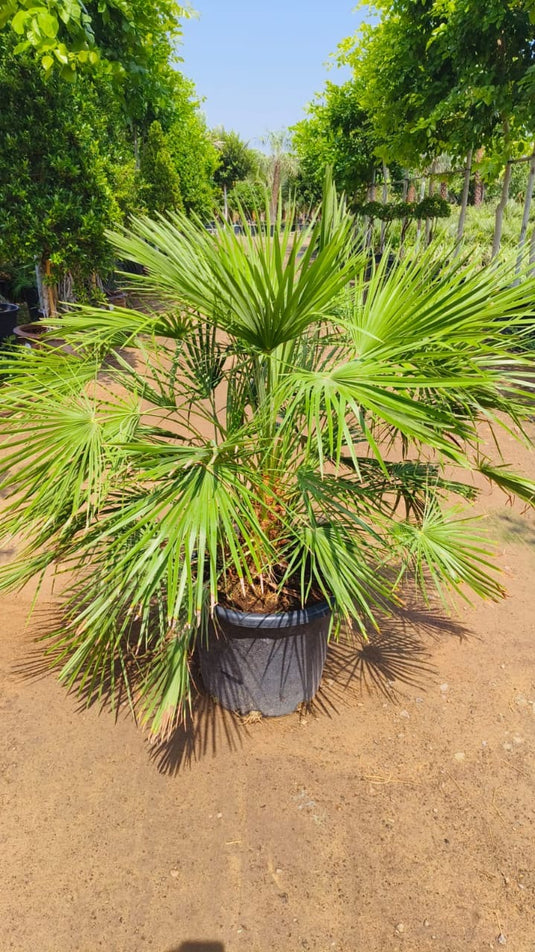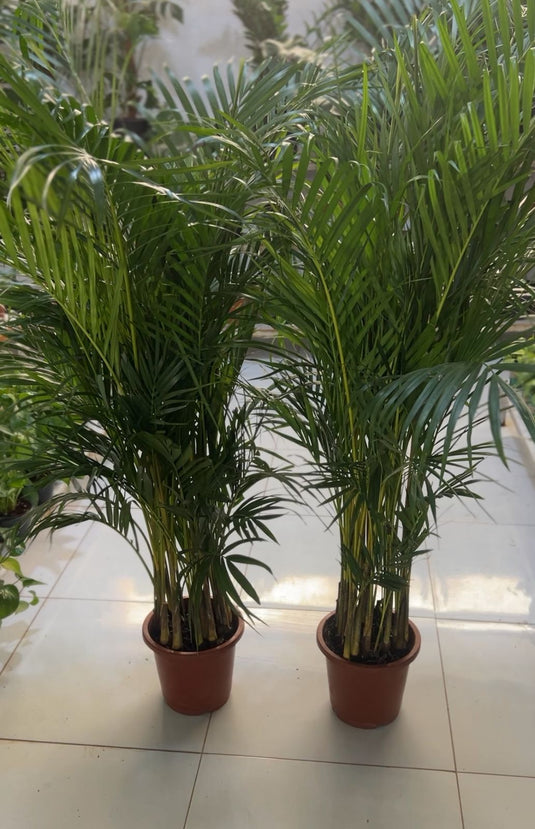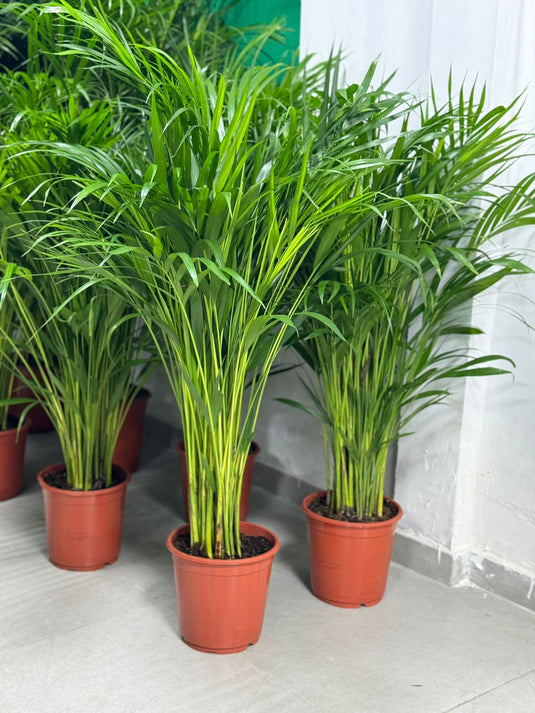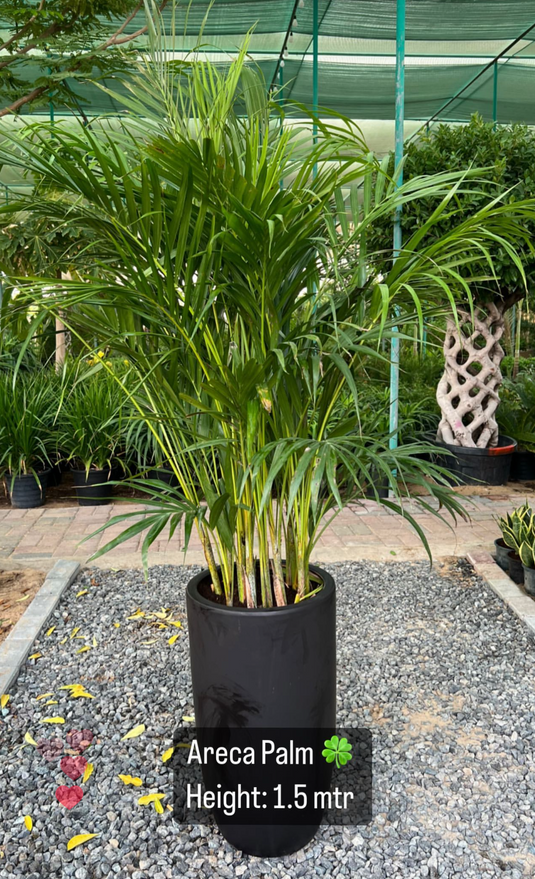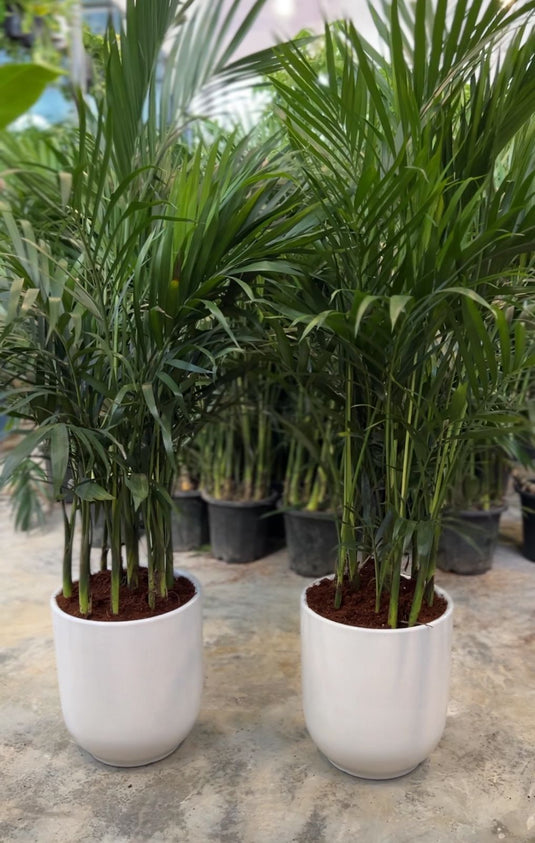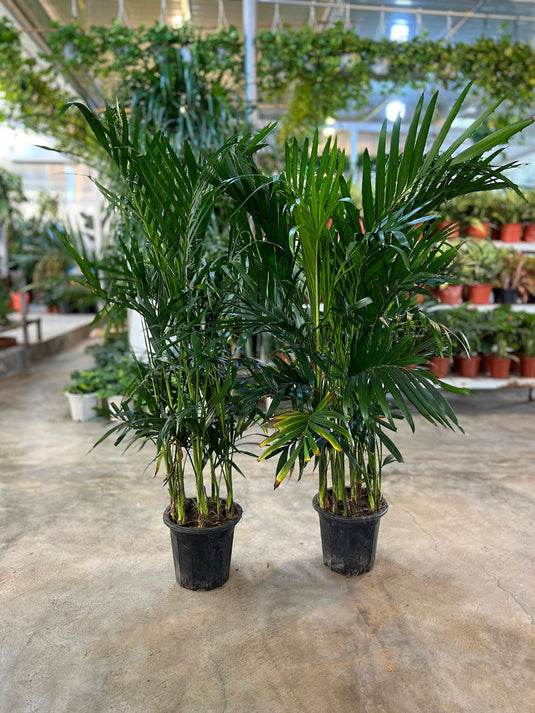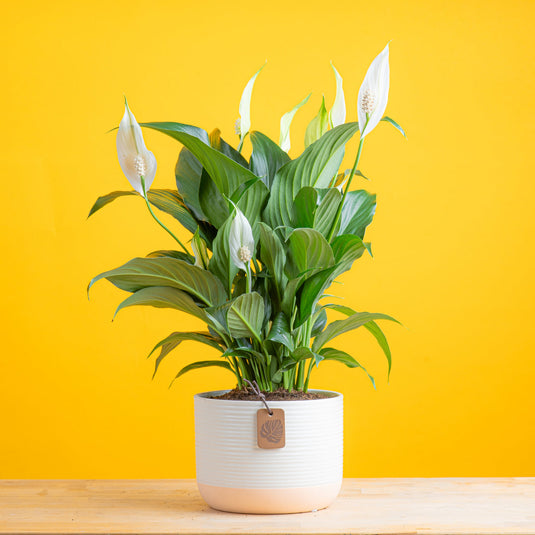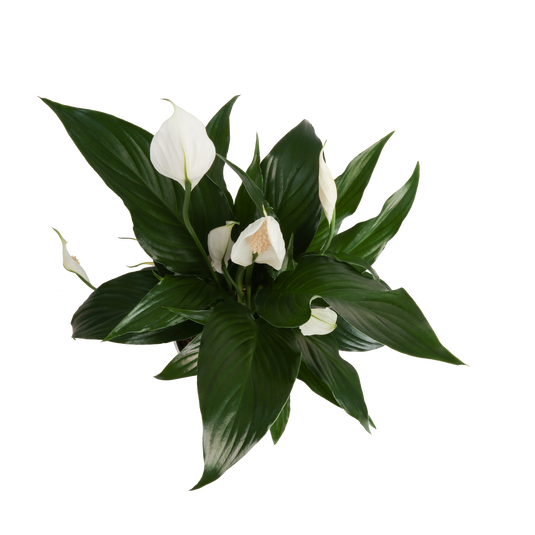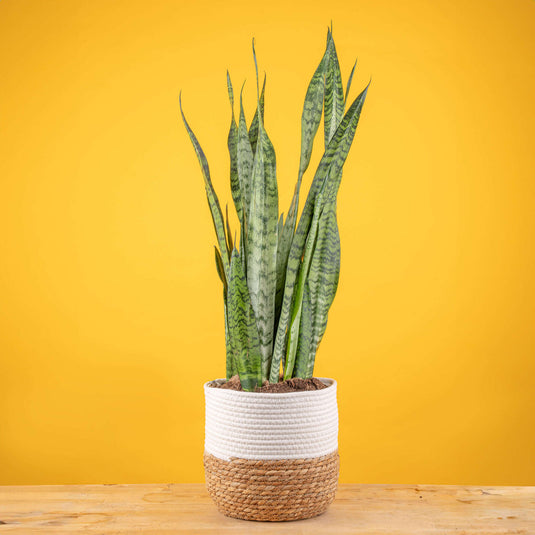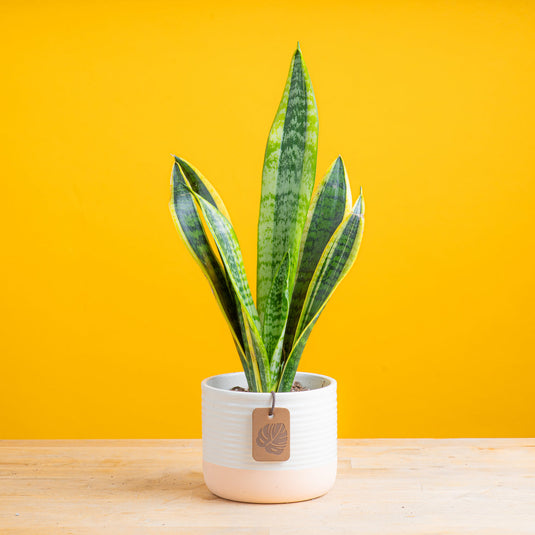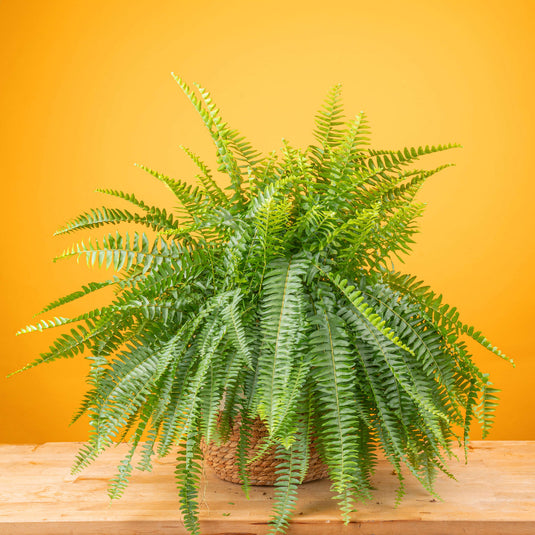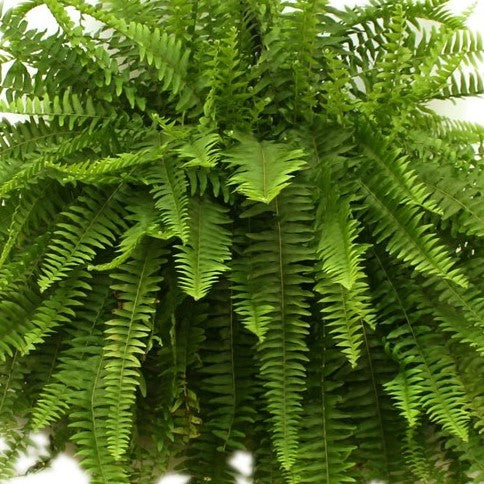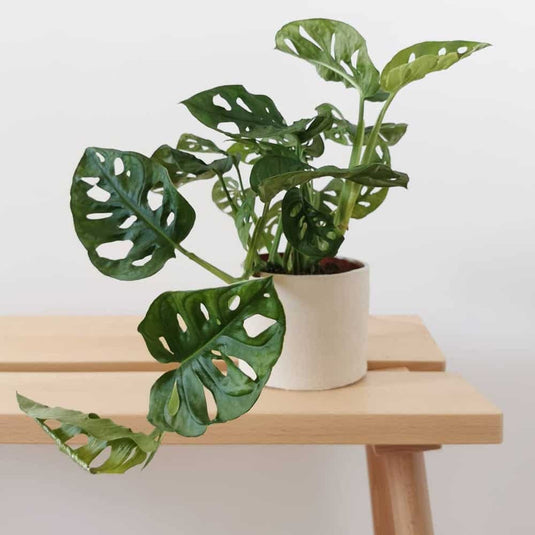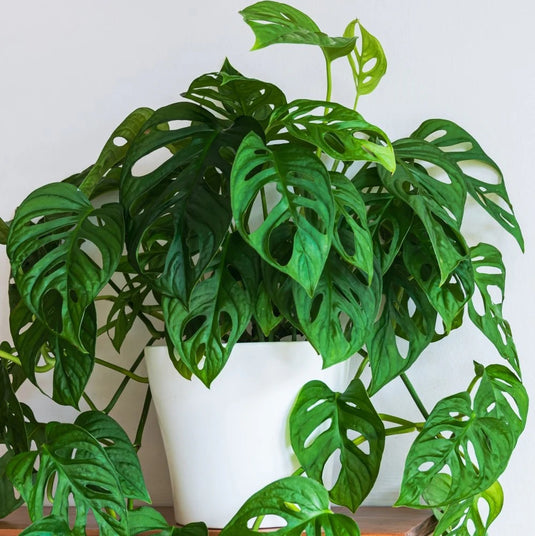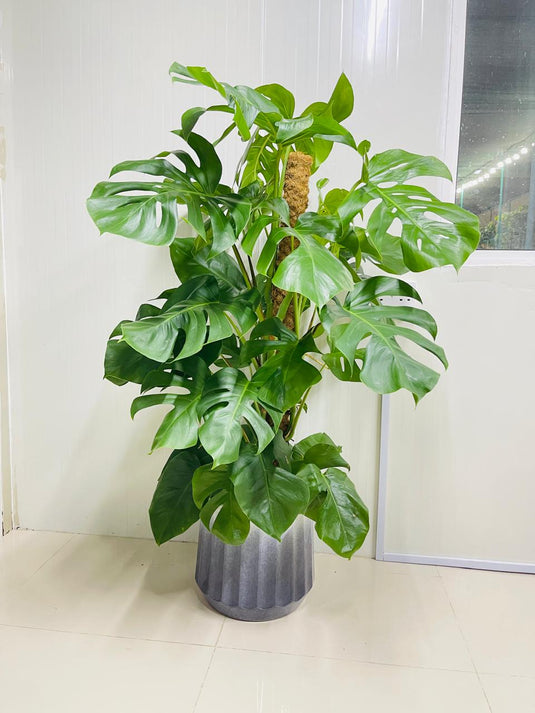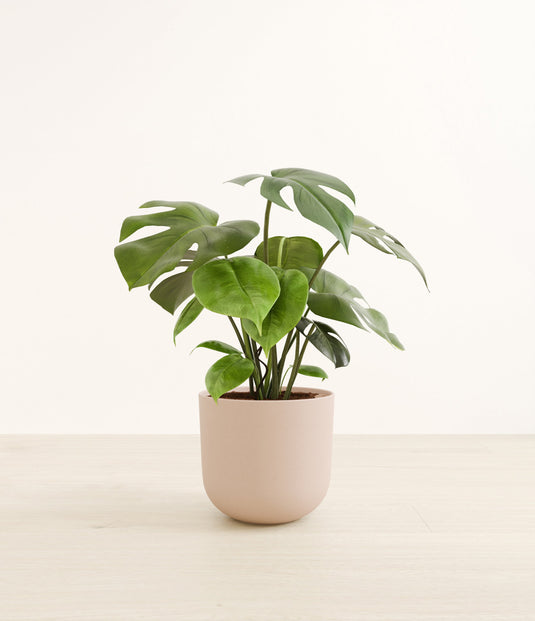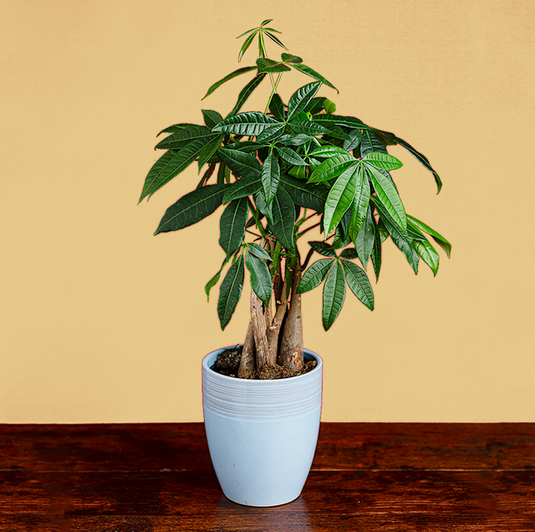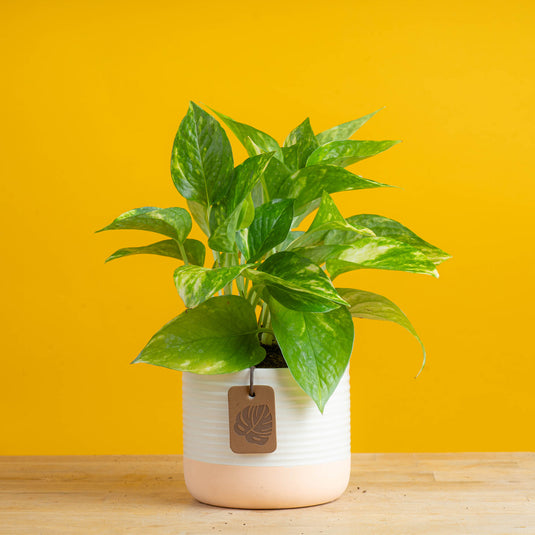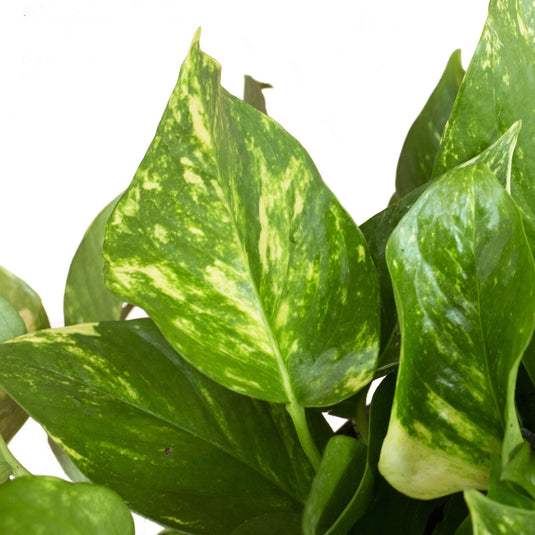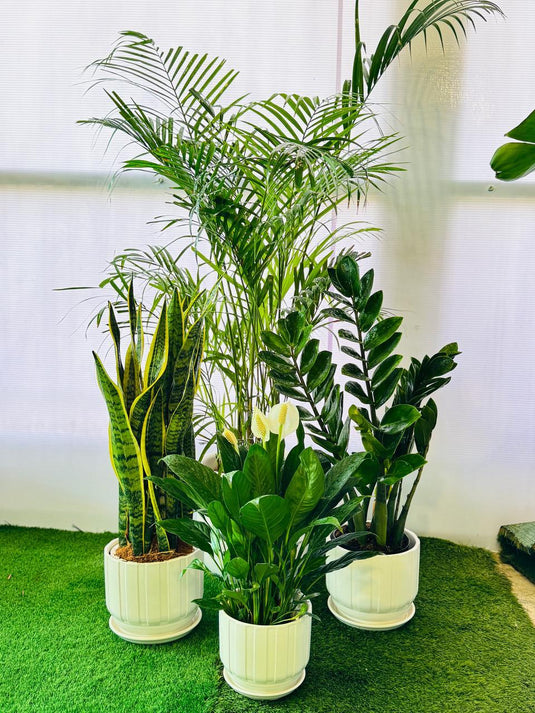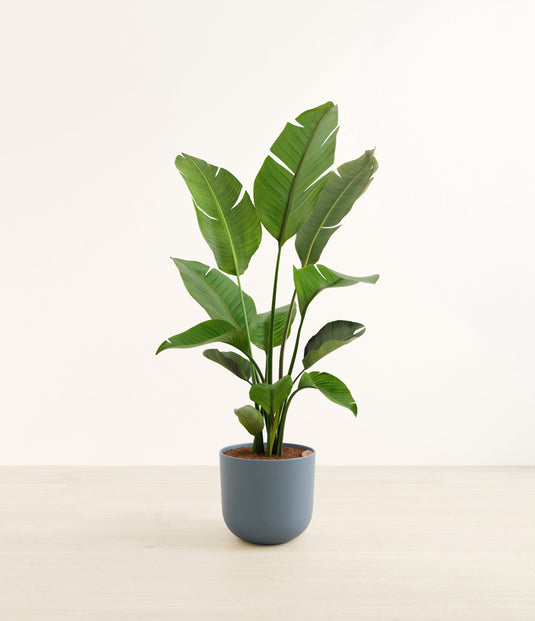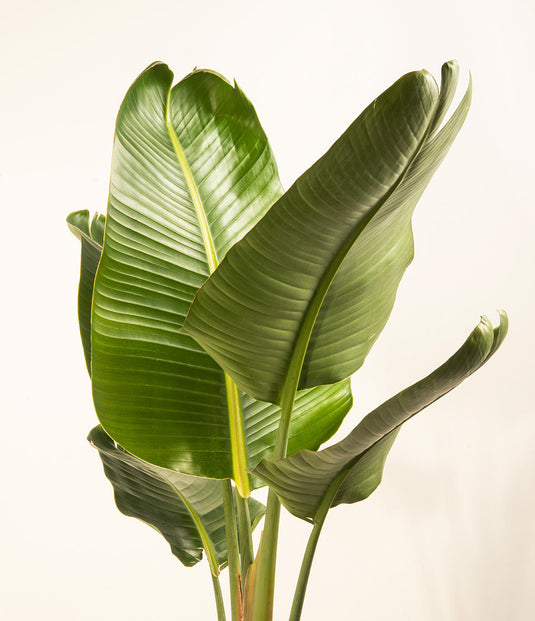Chamaerops Palm
- Healthy Arrival Guarantee
- Free Plant Care Consultation
- Safe & Secure Payment
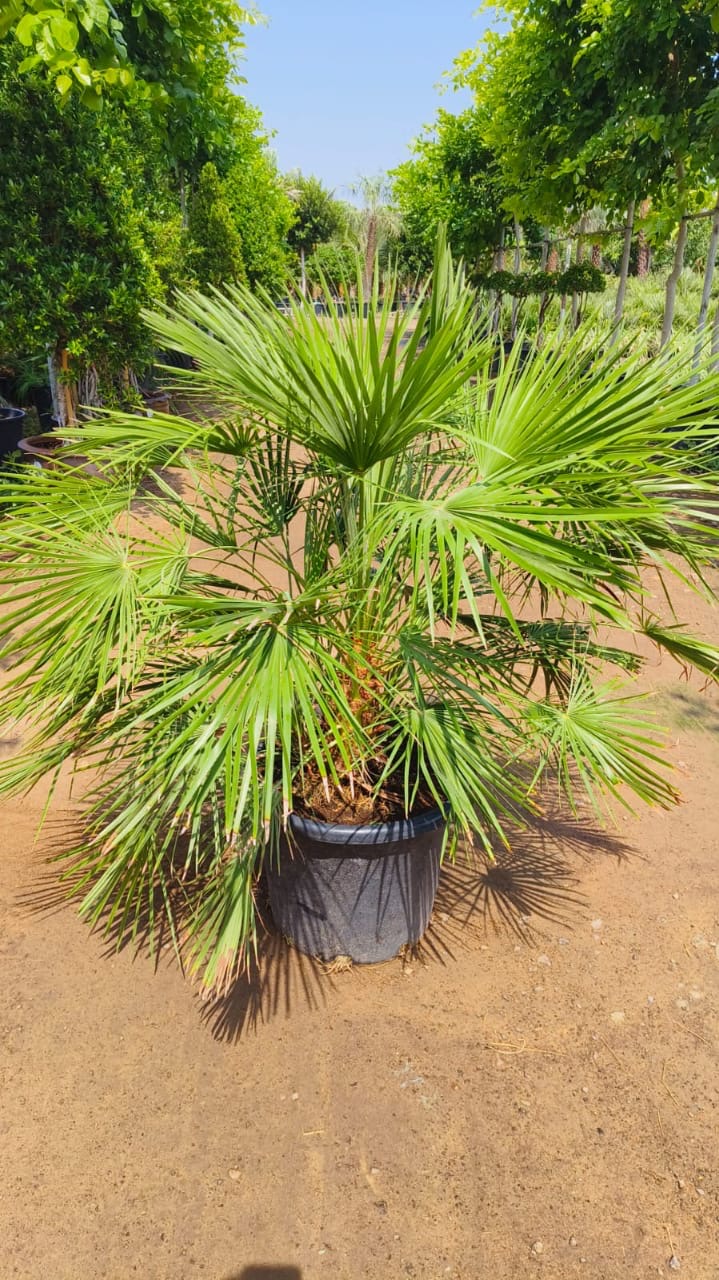
We will send you a notification as soon as this product is available again.
-
Estimated delivery: Feb 25 - Mar 01
-
Free return within 7 days of purchase.
Plant Description
Chamaerops Palm is a clumping palm native to the Mediterranean region, known for its hardy nature and unique fan-shaped leaves. The global market for ornamental plants is projected to reach approximately USD 58 billion by 2030.
5 Top Benefits of Chamaerops Palm for Cleaner Air
1. Ornamental Value
Chamaerops Palm enhances outdoor spaces with its distinctive fan-shaped foliage, making it a popular choice for landscaping. Studies show that aesthetically pleasing plants contribute positively to property values (Kellert et al., 2017).
2. Drought Resistance
This palm species is drought-tolerant, making it suitable for arid and semi-arid regions. Research indicates that drought-resistant plants are essential for sustainable landscaping in water-scarce areas (Ashraf & Harris, 2004).
3. Low Maintenance Requirements
Chamaerops Palm requires minimal maintenance, appealing to busy homeowners and landscape designers. A study emphasizes that low-maintenance plants are crucial in urban environments to ensure sustainability (Fletcher et al., 2014).
4. Habitat for Wildlife
The Chamaerops Palm provides habitat and food sources for various wildlife species, including birds and insects. Studies emphasize the importance of native plants in supporting local ecosystems (Moroń et al., 2015).
5. Air Quality Improvement
Like many plants, Chamaerops Palm contributes to air purification by absorbing carbon dioxide and releasing oxygen. Urban greening studies show that increasing plant coverage in cities can significantly improve air quality (Nowak et al., 2014).
Disadvantages
- Chamaerops Palm may not thrive in extremely cold climates, which can limit its planting options.
- The growth rate can be slower compared to some other ornamental plants, which may require patience for desired landscape effects.
- Due to its clumping growth habit, it may require more space than other single-stemmed palms, which should be considered in smaller gardens.
- Regular trimming may be necessary to maintain its aesthetic appeal and remove dead leaves, requiring some effort.
- While generally hardy, Chamaerops Palm can be susceptible to certain pests, necessitating periodic inspections.
Frequently Asked Questions
1. Does Chamaerops Palm enhance garden aesthetics?
Yes, its unique fan-shaped leaves significantly enhance the visual appeal of landscapes.
2. Is Chamaerops Palm drought-resistant?
Yes, it is highly drought-resistant, making it suitable for arid environments.
3. Is this palm low maintenance?
Yes, Chamaerops Palm requires minimal care, appealing to those with busy lifestyles.
4. Can it support local wildlife?
Yes, it provides essential habitats and food sources for birds and beneficial insects.
5. Does it improve air quality?
Yes, it contributes positively to air quality by absorbing carbon dioxide and releasing oxygen.
Final Verdict: Should I Buy Chamaerops Palm?
Yes, Chamaerops Palm is an excellent choice for enhancing the beauty of outdoor spaces while providing ecological benefits.
Plant Care
Watering
Water your plant once a week or when the soil starts to feel slightly dry on the surface. Keep the soil consistently moist, but be careful not to overwater, as this can cause brown spots and leaf drop. If the leaves become curly or dry, it's a sign that the plant needs water. It's best to water your plant in the early morning or late evening when the temperatures are cooler. Always check the soil before watering.
Light
Provide bright indoor light or indirect sunlight for about 6 to 8 hours a day.
Temperature
Maintain temperatures between 18°C and 24°C. Avoid exposing the plant to drafts, as these can cause undesirable temperature fluctuations. Mist the plant occasionally, about twice a week, to help maintain optimal humidity levels.
Fertilizer
Apply liquid fertiliser every 15 days when the plant is actively growing. For best results, use Folikraft ready-to-use Indoor Plant Food.
What Our Clients Say About Us
As a House se Manager in prestigious property in Dubai HILLS ESTATE, I would Highly recommended My Plants - Landscaping Services. All the team were amazing and hardworking. They are expert that achieved coordination and best feedback results to any projects that my Client wish and job order done. Appreciated. Thank you.
I ordered a 2m bird of paradise on their website with a pot. The price was much more reasonable than elsewhere, so I gave it a try. Ordered at 9pm on a Thursday night, delivered at 3pm the next day. The plant arrived bigger than I expected, replanted in its pot with brand new potting soil, incredible! The black pot is a perfect match for my home and really looks high-quality. Thanks again!
Good plants, they came over to my place to pot them and clean them, prices are good also, thank you Kashif for improving my experience and your top customer service.
